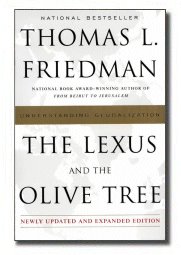The market is watching! Lower your debts, or the stock prices will fall under the piling loans. So what to do? Get more equity, but that would dilute our control. Sell some assets, but not many would be ready to take our stakes, because our investments have been bad. Hmm, how about some tweaking in the balance sheet? How about converting long term loans to current liabilities? But the SEC is watching. So how about going into a contract by taking additional loans to pay off our existing debt, and treat this loan as current liability. The current ratio would suffer, but so what. Current ratio doesn’t attract so much attention as the D/E ratio!! Great Idea, lets do it!!
The above is just one of the various techniques Enron Used to manipulate its financial statements. It exploited the term of prepay, erstwhile used for short term advance payments. Prepay involves an advance payment for goods/services. In 2000, Enron went into a contract with the Chase Manhattan Bank in order to sell gas to it in 2010, and also buy the same amount of gas in the same year. The catch was that the first transaction involved prepay, and the other did not. So effectively Enron received a loan of $275 million, while the same was not treated as a debt, but a operational liability. So at the end, money came in without affecting the D/E ratio!!
I haven’t read the book, but the name ‘The smartest guys in the room’ doesn’t seem inappropriate. Flagged as the greatest of corporate scandals in the history of America, Enron had a series of questionable practices. so it’s the accountants who are the most competent in managing such practices. They had developed competency in eliminating debts by selling of assets (for which they couldn’t find buyers in the markets) to the paper company Chewko.
This is perhaps the reason why CAs are so much in demand!!
But how come no corporate scandals are reported in India? The only raids we know about are from the income tax department. Doesn’t the SEBI carry out surveillance properly? You never know how many people are kept out of whistle blowing either by stuffing them with goodies or threatening.
Will the clause 49 requirement be able to stifle corporate malpractices? That remains a question to be answered.
